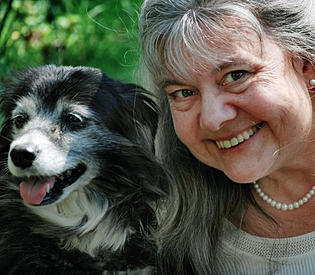Last week in my blog I referred to codependence as a sleeper
topic. I have said this before and realize I want to say a bit more about what
I mean by this.
I call codependence a sleeper topic, because it does not
receive the time and attention that many other topics related to addictions
receive. When I look through the brochures and booklets listing sessions
offered for addiction and mental health conferences, there are not many
sessions on codependence, if any at all. There may be a few sessions offering
information for helping families living with addictions, but the deeper issue
of loss of self in someone else is seldom addressed.
I have even had someone say to me in reference to conference
planning, “Oh, we did codependence last year.”
Would we say that about offering sessions on helping the
substance addict to recover or on strategies for relapse prevention? - “Oh, we
did that last year.”
I know that codependence remains unclearly defined and can
be over-used. I also know some academic work is being done to develop
assessment tools to better define codependence and thus be able to study it
better.
In the meanwhile, loss of self in someone else remains an
important clinical dynamic which I believe needs consistent, valued attention
from each of us in these fields of mental health and addictions.
We can encourage people to “do something for your self” or
“just tell them ‘no’”, but the
individual being coached to do this probably needs some deeper work within
their self in order to be able to make this profound change.
Yes, this is a profound change, to be able to consider and
assert self in the face of someone else’s addiction, dysfunction, or neediness.
Untreated codependence can lead to many things, including
anxiety, depression, and relapse. I will write about each of these topics in my
next blogs.
In the meanwhile, I will continue to help wake us up on this
topic. There are some strong voices in our fields that have gone before me and
sounded the alarm to wake us up to codependency. I applaud them and join them.




.jpg)






%20-%20Screened%20Porch.jpg)


